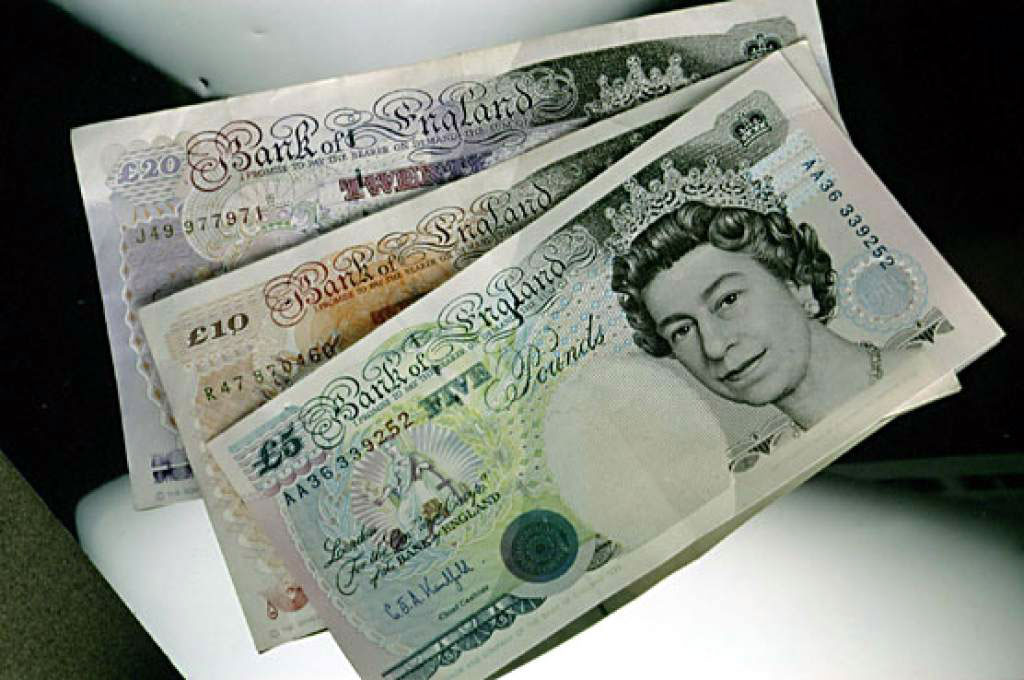Sterling slides as May faces another Brexit battle in parliament

LONDON: Sterling fell sharply on Tuesday as nervous investors cut positions before Prime Minister Theresa May's government faced the latest parliamentary vote on her Brexit plans.
The British pound lost more than a cent in a few hours against a strengthening dollar, and traded as low as $1.3145 , down 0.7 percent on the day.
It also dropped heavily against the euro to 88.98 pence, half a percent lower.
May narrowly won a vote on Monday after deciding to accept the demands of pro-Brexit lawmakers, stirring a rebellion among those who want to keep the closest possible ties in the European Union and highlighting deep divisions that have hampered progress in talks with Brussels.
On Tuesday she will try to win another vote, on trade, amid newspaper reports that the opposition Labour Party would back members of May's own party angered by her acceptance of pro-Brexit lawmakers' demands.
Most traders believe Britain will avoid a so-called hard exit from the EU, in which trade ties are minimal, but the pound remains highly sensitive to political uncertainty and bearish sentiment.
Adding to the pressure on sterling, Bank of England Governor Mark Carney said on Tuesday that a no-deal Brexit would prompt a review of interest rates. Market expectations for a BoE August rate rise have grown in recent weeks.
"There are no good arguments for going long on sterling at the moment," said Morten Helt, an FX strategist at Danske Bank.
Overall sterling bets lean towards a net short compared with a large long position in April.
The British pound has tanked since hitting a post-Brexit referendum high of $1.4377 in mid-April, and with May's hold over her own party shaken by a string of ministerial resignations in the last week or so and opposition to her Brexit plans, some are predicting more pain ahead.
"We believe the risk of Parliament rejecting any deal put in front of them late in 2018, or early in 2019, is increasing...," UBS strategist John Wraith said.
WAGE GROWTH SLOWING
Sterling has struggled to capitalise on signs that the economy is improving because of uncertainty over whether Britain can secure a trade deal with the EU before it leaves the bloc in March.
Data on Tuesday showing British workers' wage growth has slowed did little to help. Average weekly earnings rose by 2.5 percent on the year in the three months to May, slowing from 2.6 percent growth in the previous three-month period.
Market expectations for an interest rate increase next month have risen to nearly 80 percent compared with sub-50 percent in early June. HSBC became the latest bank to change its call, predicting an August increase.
Derivative markets appear to be reflecting the growing caution on sterling's outlook, with both one and three-month risk reversals - a ratio often used to gauge investors' views on a currency - plummeting to one-year lows.




















Comments
Comments are closed.